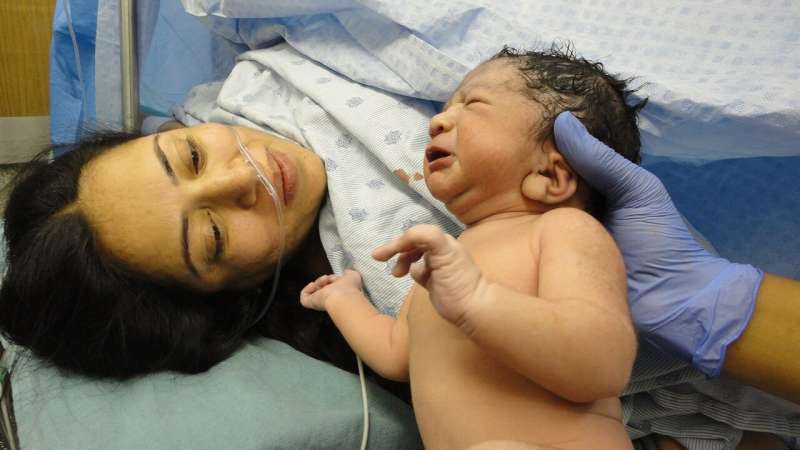Survey Highlights Disrespectful Care Experiences Among Women During and After Childbirth

A recent survey conducted in metropolitan France reveals that a significant portion of women face disrespectful treatment during childbirth and their postpartum hospital stay. Out of 7,332 women surveyed, approximately 25% reported instances of words, gestures, or attitudes from healthcare professionals that shocked, offended, or made them feel uncomfortable. These negative experiences were more prevalent among women who were nulliparous, highly educated, or had a birth plan, particularly those undergoing instrumental or cesarean deliveries. Additionally, women with a psychiatric history or prenatal psychological distress were more likely to encounter disrespectful care.
The survey found that disrespectful behavior was notably more frequent during breastfeeding periods, indicating a concerning pattern of inadequate respect and support for new mothers. Experts emphasize the importance of respecting women's birth plans and treating them with dignity, even in complex medical situations. The authors of the study advocate for enhanced training programs for healthcare professionals and a systemic overhaul to create an environment that promotes respectful maternity care.
This study underscores the urgent need for healthcare systems to prioritize respectful communication and patient-centered practices to improve childbirth experiences for women everywhere. For more detailed insights, the full study is available in the "Acta Obstetricia et Gynecologica Scandinavica" journal.
Source: https://medicalxpress.com/news/2025-05-survey-reveals-women-disrespectful-childbirth.html
Stay Updated with Mia's Feed
Get the latest health & wellness insights delivered straight to your inbox.
Related Articles
Impact of Calcium Channel Dysfunction on Hearing Sensitivity and Long-Term Hearing Health
New research reveals how genetic mutations in calcium channels of inner ear hair cells can enhance hearing sensitivity but also increase the risk of long-term hearing damage. The findings underscore the importance of genetic factors in auditory health and the need for monitoring at-risk individuals.
Revolutionary Brain-to-Computer 'Electroceuticals' Show Promise in Restoring Cognitive Functions
Emerging research demonstrates how brain-to-computer electroceuticals can improve learning and cognitive flexibility, paving the way for novel therapies for cognitive disorders.
Impact of Alcohol on Embryonic Gene Function and Development
New research reveals that alcohol exposure during early pregnancy can significantly alter gene function and cellular development in embryos, increasing the risk of neurodevelopmental disorders and fetal damage.
California Successfully Expands Emergency Department-Based Addiction Treatment Nationwide
California's CA Bridge program has successfully expanded addiction treatment in over 80% of emergency departments, engaging thousands and increasing buprenorphine prescriptions, showcasing a scalable model for nationwide implementation.



